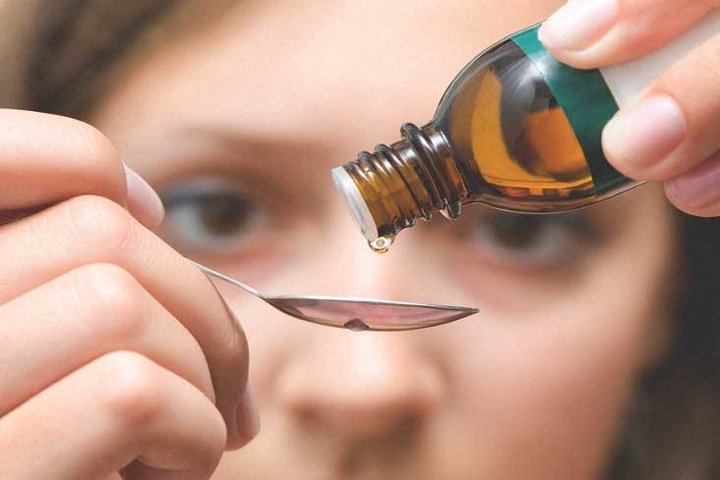Colloidal silver comprises tiny silver particles suspended in a liquid. It comes in a wide range of forms, including colloidal silver spray, topical, oral, and injectable forms. For many years, people have used colloidal silver to treat different ailments. People considered it a cure for all in ancient times, from cold infections to herpes and cancer. Even today, alternative practitioners believe it treats infections and supports immune function. Here is more about colloidal silver.
Uses of colloidal silver
Advocates of colloidal silver believe it can help the body heal itself by stimulating the immune system. Colloidal silver has many uses, including:
- Treating skin disorders like eczema, psoriasis, and ringworms.
- Accelerating the healing of wounds, cuts, and burns.
- Prevent and treat ailments like flu, cold, pneumonia, eye infections, ear infections, inflammation around the eye, shingles, etc.
According to some test tube studies, the colloidal silver spray has properties that are effective against bacteria, fungi, viruses, microbes, and inflammation. Several studies also looked at the impact of colloidal silver on wounds. They reported that silver has antibacterial properties that aid in treating bed sores, skin grafts, diabetic ulcers, necrotizing fasciitis, and other skin injuries. That explains the use of silver-containing dressings on wounds and ulcers.
Another study in 2018 compared the impact of skin cream containing tiny particles of silver and regular cream. The result concluded that silver-based skin cream reduced skin inflammation, accelerated healing, and helped the skin regrow more rapidly than regular cream. Therefore the short-term use of colloidal silver on the skin may provide healing benefits for skin infections, cuts, burns, and other wounds.
Drug interactions
Colloidal silver can cause several drug interactions. Experts say that it can weaken the liver functions as your liver tries to metabolize a drug, make it less effective or increase the side effects.
Some of the proven drug interactions include:
- Antifungals like fluconazone and intraconazole.
- Levothyroxine is used to treat thyroid infections.
- Antiarrhythmic medicines like amiodarone.
- Penicillamine used to treat rheumatoid arthritis.
- Methotrexate used to treat autoimmune disorders.
- Tetracycline antibiotics.
- Acetaminophen etc.
Therefore it is important to ask your doctor about possible drug interactions before using colloidal silver.
Precautions and side effects
People who use colloidal silver, especially orally, may experience side effects. The side effects are not immediate but occur in the long run and are related to the long-term use of the colloidal silver. The reason is that the silver particles accumulate in the body over time, embedding themselves in body tissues and organs.
Over time they can cause a condition known as argyria which causes tissues like mucous membranes to turn to blue-grayish color. It may manifest in the gums, skin, eyes, nails, and then deeper tissues of the body. Muscle contractions, fatigue, headache, and myoclonic seizures may also occur with time.
Animal studies also show that colloidal silver may interfere with liver and kidney function, cause bones to release calcium, and damage the central nervous system. Therefore it is best to avoid the long-term use of colloidal silver.
The takeaway
When buying colloidal silver, check the concentration of the silver in parts per million on the product label and keep in mind that less is more.

